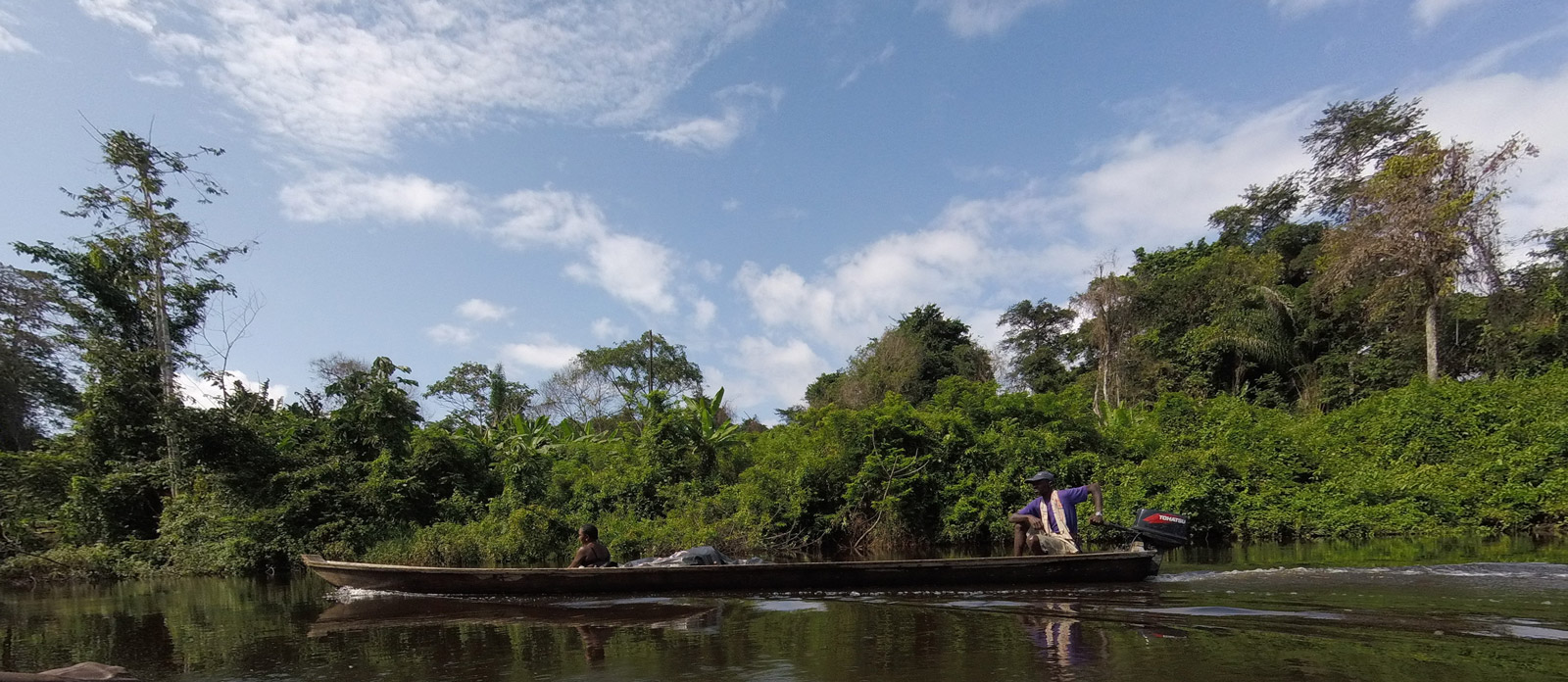UNPUBLISHED INTERVIEW
So, I understand you were in South America and the Caribbean this year, which was for your art practice. Where did you go and what did you do?
Onajide Shabaka: Actually, I also traveled last year and this year to Suriname. That’s a small Caribbean country on the northeast Atlantic coast of South America. In addition, this year immediately before Suriname I went to Guadeloupe. I traveled with Diaspora Vibe Cultural Arts Incubator (DVCAI) with their International Cultural Exchange (ICE) program. It really altered my practice radically as well as me as a person.
You’re kidding, of course. But, what do you mean?
Onajide Shabaka: No, I am not kidding. Before we traveled to Suriname in 2016 I was excited to meet some new artists, learn about their processes and struggles to sustain their practice in a country without a lot of resources in the way we think about resources as artists. So we had group discussions with local artists every day of our trip, sometimes two or three artists. It’s quite an experience because we learn so much by sharing.
Our visit to Moengo, Suriname, a good 4-5 hour drive from Paramaribo (Suriname’s capital), brought us to our next group of introductions when suddenly, I remembered investigating Suriname’s maroon culture back in 1972. Moengo is populated mostly by maroon people along the Cottica river.
Those next few days had me wanting to go explore by myself, which I could not do, but I made arrangements during the year through DVCAI and Monique NouhChaia of ReadyTex Gallery in Paramaribo to return for a self designed month long research residency.
Wow, that’s unreal that so much time had passed and even that you remembered it when you did. Bring me forward to 2017, please.
Onajide Shabaka: In Guadeloupe we traveled with a few of the same artists from last year along with a new crop of people. Even meeting fellow practitioners from the US is a beautiful experience because we all learn from each other about ways to work, interact, and build one’s practice.
In Guadeloupe we had Professor Alix Pierre from Emory University as our translator (French and Creole is spoken there) and was born there so he knows the island well. We visited several artists who are practicing internationally, and visited the recently opened Memorial ACTe, Memorial
to Slavery & the Slave Trade which is a very elegant facility with some great international programming.Immediately upon returning from that International Cultural Exchange I flew to Paramaribo for one month.
My reason for returning was multilayered but the main reason comes down to the focus of my practice since I was in high school: botanical education and research, and the culture of Africans in diaspora. Suriname was exactly where I needed to be, exactly when I needed to be there.
I had read a research paper while I was creating works for my exhibition, “Antillean Lacunae,” at Little Haiti Cultural Center that said slave era wild black rice was still being grown by the maroons of Suriname. Rice is the one botanical food crop that was grown and used as currency throughout the greater Caribbean but it was also a physical symbol of the Atlantic slave history more so than cotton because it requires deep knowledge hence people captured and enslaved because of that knowledge.
Yes, I found where the rice is cultivated, talked to local maroons, but also visited local artists, professors, agriculturalist and market sellers. Without DVCAI ICE this journey would have never been taken I am sure. Each and every day I recognize the opportunity that Diaspora Vibe Cultural Arts Incubator (DVCAI) International Cultural Exchange (ICE) afforded me as I develop a body of work from that enriching experience. It’s not over. Now is the hard part of processing the research and creating something worthy of sharing.
Thank you very much for giving me time to express myself. And thank you to DVCAI, Miami Dade Dept. of Cultural Affairs, Monique NouhChaia of ReadyTex Gallery, Paramaribo, Suriname and special thanks to Kurt and Paula Nahar for hosting my Suriname residency.
